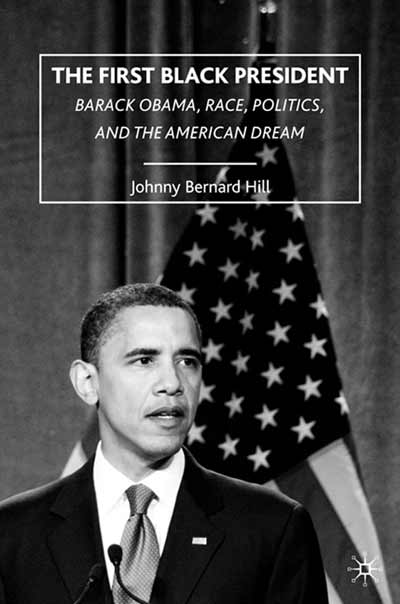U.S. ‘Not Cured’ of Racism, Obama Says, Citing Slavery’s LegacyPosted in Articles, Barack Obama, History, Media Archive, Politics/Public Policy, Slavery, United States on 2015-06-22 20:40Z by Steven |
U.S. ‘Not Cured’ of Racism, Obama Says, Citing Slavery’s Legacy
The New York Times
2015-06-22
Michael D. Shear, White House Correspondent
Christine Hauser, Reporter
WASHINGTON — Just days after nine black parishioners were killed in a South Carolina church, President Obama said the legacy of slavery still “casts a long shadow” on American life, and he said that choosing not to say the word “nigger” in public does not eliminate racism from society.
In a wide-ranging conversation about race, including his own upbringing as a man born to a black father and a white woman, Mr. Obama insisted that there was no question that race relations have improved in his lifetime. But he also said that racism was still deeply embedded in the United States.
“The legacy of slavery, Jim Crow, discrimination in almost every institution of our lives, you know, that casts a long shadow, and that’s still part of our DNA that’s passed on,” the president said during an interview for Marc Maron’s “WTF” podcast that was released on Monday. “We’re not cured of it. And it’s not just a matter of it not being polite to say nigger in public. That’s not the measure of whether racism still exists or not.”
He added, “Societies don’t overnight completely erase everything that happened two to 300 years prior.”
Mr. Obama has been more open about the issue of race during his second term, in part because of racially charged episodes in the last several years. The killing of Trayvon Martin, a black teenager in Florida, and the protests that followed several police shootings have prompted the president to be more reflective about his own racial identity and the nation’s.
In the hourlong interview, Mr. Obama talked about being a rebel during his youth and “trying on” different kinds of personas as he struggled to understand what kind of African-American man he wanted to be.
“I’m trying on a whole bunch of outfits,” Mr. Obama said. “Here’s how I should act. Here’s what it means to be cool. Here’s what it means to be a man.”
He said that a lot of his issues when he was young “revolved around race” but that his attitude changed around the time he turned 20. That is when he began to understand how to honor both sides of his racial identity, the president said.
“I don’t have to be one way to be both an African-American and also someone who affirms the white side of my family,” he said. “I don’t have to push back from the love and values that my mom instilled in me.”…
Read the entire article here.

